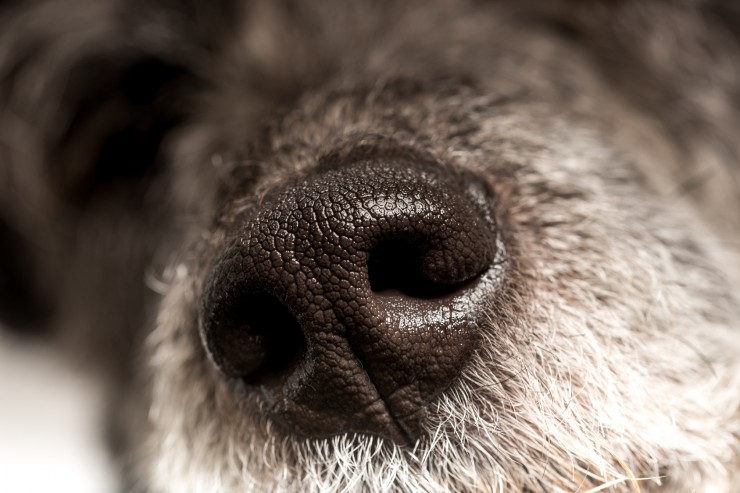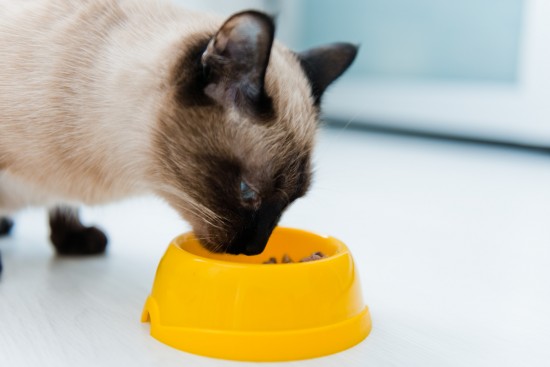
Pet Insurance is often compared to human health insurance, yet the only similarity is that the health of the pet is being insured. Take it from me, Dr. Jack Stephens the founder of the pet insurance industry in the United States and its leading advocate for over 25 years.
Here are my comparisons and guidelines for pet insurance.
Pet Insurance Comparison to Human Health Insurance:
CHOICES
-Pet insurance offers limited choices to pet owners. Until recently, there were only three plans, although now there are nine pet insurance plans.
-Still, that's a very limited selection when compared to hundreds of choices for human health insurance.
COST
-Just as veterinary costs are much lower than human health care costs, pet premiums cost much less. Whereas a typical pet insurance premium may be $20 to $40 per month, health premiums for humans are hundreds to over a thousand dollars a month.
-Premiums for pets will vary from company to company, and be influenced by other variables such as the age of a pet, species of pet, breed of pet, plan types and in some cases by geography.
-Curious about what it would cost to insure your pet? Pets Best is happy to provide a free quote for pet insurance.
-Although it may seem complicated, the variances are much less than in human health care where the options and pricing confuse professional agents.
STRUCTURE
-Human health care has several major options that greatly impact choices.
-HMO (health maintenance organizations) plans are restricted to certain doctors, hospitals, cost of care and restrictions on access of care.
-Other than a few Pet Hospital wellness plans, none of these options exist for pets.
-PPO (preferred provider organizations) plans provide a list of doctors and hospitals but are more inclusive and less restrictive as the HMO.
-There is one recent attempt to develop a PPO for pets. Historically these attempts have not succeeded.
-Then there are the plans which have few if any restrictions of health care providers and fewer restrictions on the type and cost of care.
-In almost all health plans for humans, there are limits and restrictions on the cost of care, or "cost containment" provisions.
-Pet insurance is a liability policy that reimburses the pet owner (insured) for covered expenses incurred for their pet
-Pet owners want choices for care and selection of their veterinarian. This may change as utilization of pet care continues to increase, but all surveys of pet owners have been consistent in that pet insurance must allow them to use their own veterinarian and that they do not want the restrictions they endure for their own health plans.
WHO PAYS
-Most human health insurance is purchased by the employer, while pet insurance is mostly paid with discretionary income from pet owners. The bigger the employer, the better the buying power.
-Typically more benefits and better pricing are provided to larger groups, whereas pet insurance is typically individualized with discounts available for some employer and pet groups.
TAXES
-Human health insurance purchased through the employer and for the self employed is a business expense and not taxable to the employee, whereas pet insurance is paid from after-tax income.
REGULATION
-Pet insurance is considered liability insurance and is regulated typically as property casualty insurance, miscellaneous or inland marine, whereas health insurance is provided through exceptions to insurance by an act of Congress. Pet insurance is simpler in regulation and oversight.
CLAIMS
-Unlike human health care, the pet owner typically pays for veterinary care and seeks reimbursement from the pet insurance company.
-Most human health plans provide for the doctor or hospital to bill the insurance company and then collect the co-insurance from the insured at a later date.
-With pet insurance the insured pays out of pocket for the expenses, therefore the complaint turnaround time for claims reimbursement is more important. Waiting for reimbursement can become a problem when on a tight budget.
COMPLAINTS
-All companies direct complaints and claim resolution to internal controls that escalate as complexity or costs rise. With pet insurance unresolved complaints can be directed to State Departments of Insurance which regulate, license and audit the companies. They cannot force the company to reverse or pay a claim, however, they have great influence and if a regulation is not followed they can go to small claims court and litigation.
Still have questions? Visit the Pets Best frequently asked questions about pet insurance forum.
If you're a veterinarian, you'll find more information on pet insurance options here, or visit the Morris Animal Foundation's Veterinarians page for vet chat, pet memorial cards, information about recent studies, and more.
 How Closely Related Are The Siberian Husky And The Wolf?
How Closely Relat
How Closely Related Are The Siberian Husky And The Wolf?
How Closely Relat
 Smells That Dogs Really Don’t Like
Smells That Dogs
Smells That Dogs Really Don’t Like
Smells That Dogs
 Cat Feeding Tips From The Experts
Cat Feeding Tips
Cat Feeding Tips From The Experts
Cat Feeding Tips
 Osteodystrophy A Congenital Health Issue That Affects Scottish Folds
Osteodystrophy A
Osteodystrophy A Congenital Health Issue That Affects Scottish Folds
Osteodystrophy A
 A Friend Named Thor
I lost my best friend about a year ago and I
A Friend Named Thor
I lost my best friend about a year ago and I
Copyright © 2005-2016 Pet Information All Rights Reserved
Contact us: www162date@outlook.com